7 Tiger Reserves and National Parks in India you can visit during monsoon
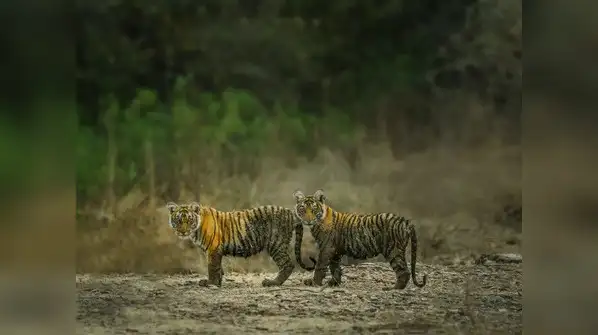
/8
Most national parks and tiger reserves in India close during the monsoon season (typically July to October) due to flooding, wildlife breeding, and safety concerns. However, several parks remain open year-round for travelers seeking wildlife adventures, even during the monsoon.
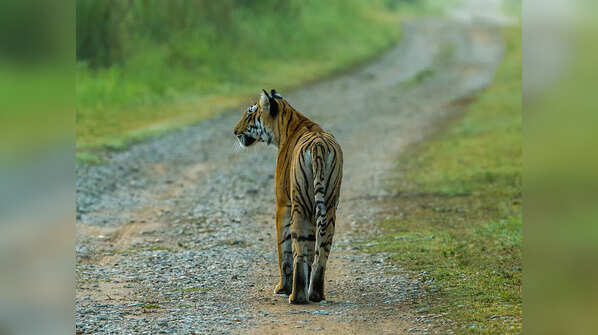
/8
Jim Corbett’s Jhirna and Dhela zones remain accessible all year round. However, core zones like Dhikala remain closed temporarily during heavy rains.
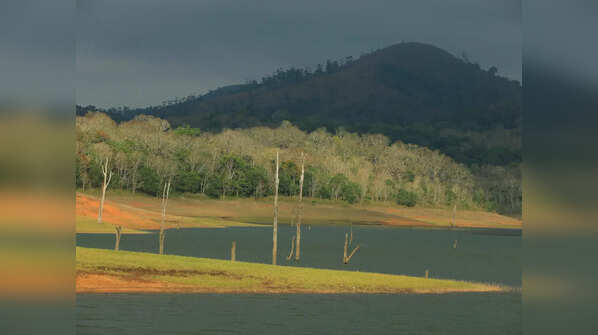
/8
Periyar remains open year-round, as its boat safaris on Periyar Lake and guided treks operate even during the monsoon. Check out the national park for elephants, tigers, Indian bison (gaur), and diverse birdlife. Boat safaris are a highlight.
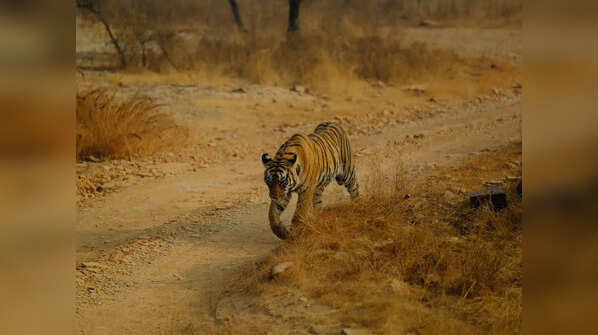
/8
The core zones of Sariska (Zones 1-3) are closed during the monsoon season, however, all buffer zones are open for safaris. Sariska is less crowded than Ranthambore, and is a quick getaway from Delhi as well.
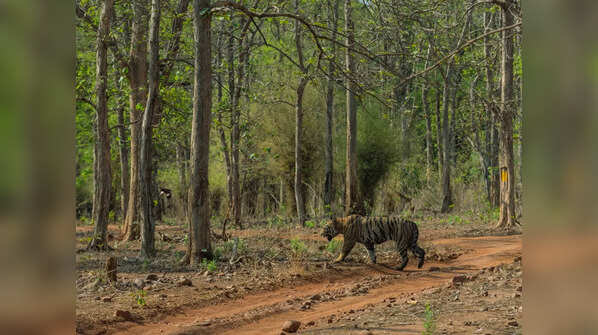
/8
Tadoba-Andhari closes during the monsoon due to flooding and conservation needs, however, the buffer zones offer safaris throughout the year. Tadoba is most famous for its tiger population, as well as leopards, sloth bears, and diverse birdlife.
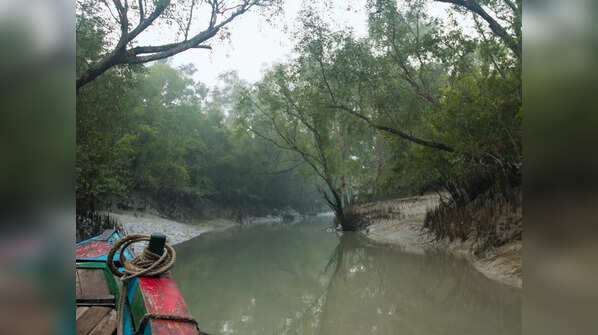
/8
The Sundarbans remains open year-round, mainly because of its boat safaris. Explore the park’s mangrove ecosystem via boat-based safaris. It is also a UNESCO World Heritage Site, and a critical habitat for Royal Bengal tigers and saltwater crocodiles.
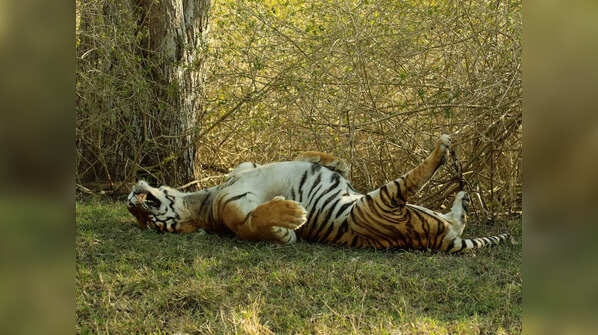
/8
Bandipur’s buffer zones and certain safari routes remain open, depending on weather conditions. Bandipur is known for tigers, elephants, leopards, and Indian gaurs, and is a part of the Nilgiri Biosphere Reserve.

/8
Like Bandipur, Nagarhole is also a part of the Nilgiri Biosphere Reserve. Check weather reports for rainfall before planning a trip. The park’s buffer zones and specific routes remain accessible. Nagarhole National Park is known for tigers, elephants, leopards, and scenic rivers.
Follow Us On Social Media











